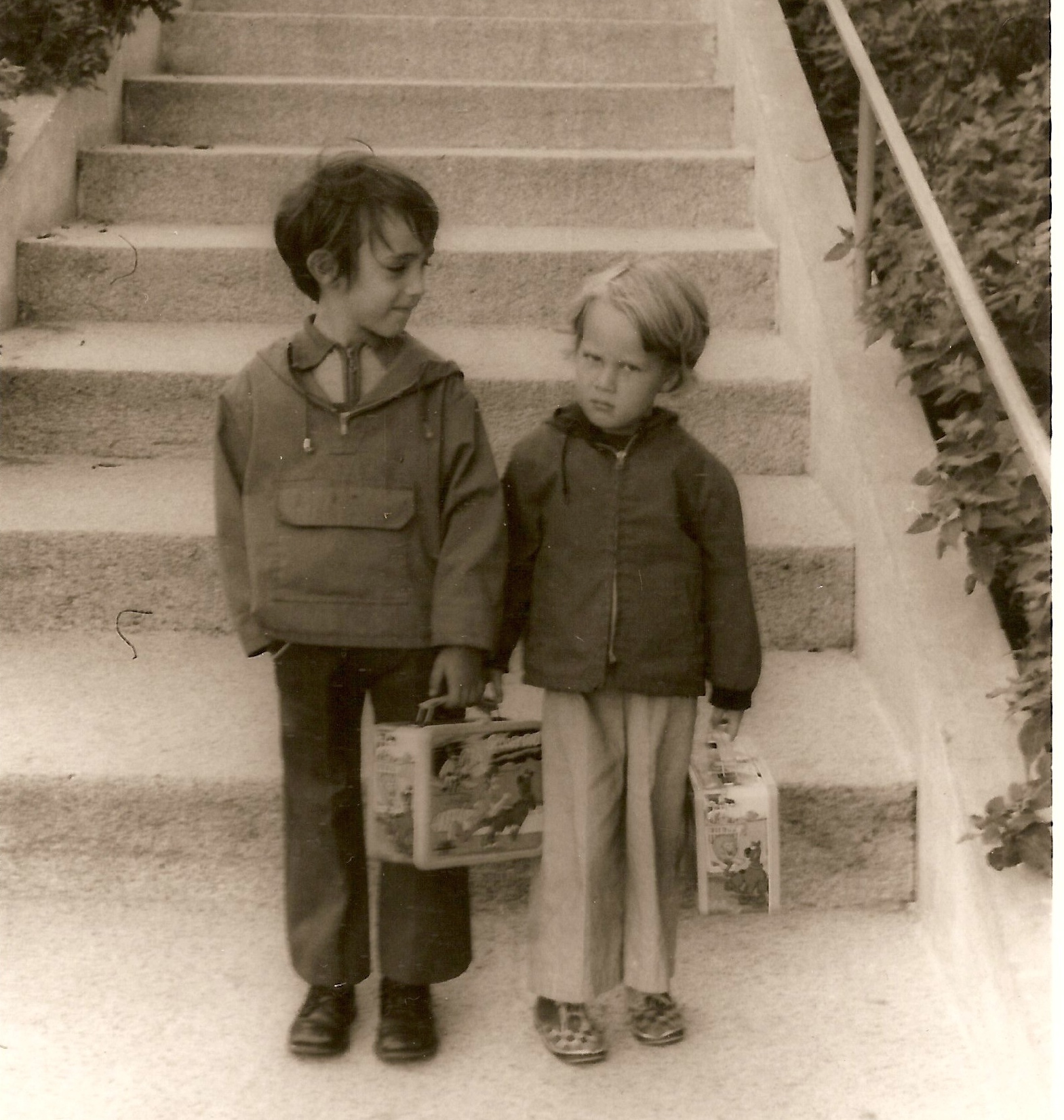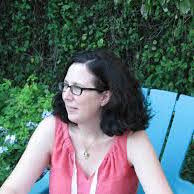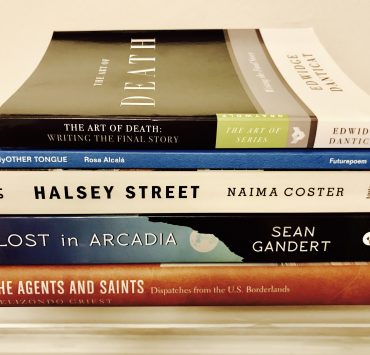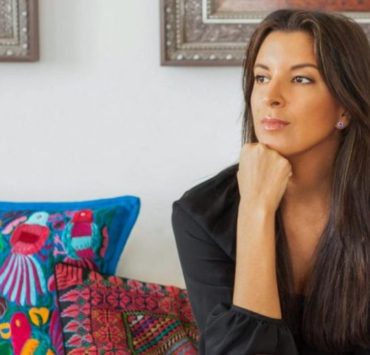
Part One
It is seventh grade, and my English teacher, in the middle of class, asks me, “What race are you?”
Could my teacher have said, “What race are we?” Would that have been better?
I see myself there from the aerial view of memory: I pause, for a long time, then say, “Caucasian.”
My teacher praises my vocabulary and we move on, or at least memory does.
But
It occurred to me only recently that she asked me because she thought I was the one student in class who wasn’t white.
My own mother when she saw me checking white on my college application forms said, “Are you sure?”
My brother in filling out his college application forms checked other. My brother and I, who share the same parents, think we are different races.
Our father is Turkish. Our mother is WASPish, raised on the Main Line, on tennis courts, on skating rinks, on horseback, on the Philadelphia Orchestra, on food prepared by a live-in black cook named Minnie Todd, under the care of a live-in German nanny called Miss Ruff and under rules that included dressing for dinner, standing for adults, properly mixing drinks, and controlling undue emotions.
When my mother (after more than forty years of marriage) asks my father if Turks are white, he says with an implicitly racist indignance, “Of course.”
But
A hundred years ago, the New York Times published an article headlined: “Is the Turk a White Man?” Little did I, in the seventh grade, know, I gave the one inarguable answer. Caucasian includes the Middle East; white suggests—to some at least—European ancestry, which I have. But
When I took my first job as a visiting professor, the chair of the hiring committee admitted the Affirmative Action office had called and asked why the department didn’t hire their one minority candidate. “We did,” he said.
“We had to guess by your name,” he admitted.
I often feel like when it comes to being other I have received many of the perks and none of the penalties. A diversity hire so seamless I don’t provide any actual diversity.
Except maybe I do?
Someone once referred to me as a Turkish-American writer, which I don’t think I am, even though I am.
Once someone put me on a list of Asian-American writers. I laughed.
Am I as bad as my father?
When I ask my parents if I am Asian, my mother says, you are a minor Asian from Asia Minor. My father says no. Adamantly.
I didn’t used to write much about Turkey.
But
Lately I have been exoticizing myself, orienting myself you might say: writing heavily researched fiction about the Turkey of my imagination. With a name like mine nobody questions my appropriation. Currently I am writing a story set in 1960s Istanbul centering on the friendship of an American white woman, much like my mother, and James Baldwin. A friend tells me I have replaced my father, the Turk, with James Baldwin. I insist my father is in the story; he is just away on military service.
Do I think James Baldwin’s experience is somehow closer to mine than my own father’s?
No. But
I am also writing a story about the Armenian genocide, Greek sponge divers, and Key West.
I have learned to embrace being more than one thing.
But
As a body in the world, I am the kind of white referred to as deathly white, ghostly white, whiter than white. The palest Floridian you ever did see. And there is no denying that feels safer than any alternative.
But as a name on a page, I cannot pass. Or is it, as a name on a page, I do pass? Who would think that Ayşe Papatya Bucak cannot speak Turkish, cannot remember Turkey, and knows only one Turk. Who would mind when she writes about Turkey, the country where she was born.
But
Somehow I simultaneously believe I have the right to write about anything I want, and that I don’t have the right to write about Turkey. Because writing about Turkey, under the false cloak of my real name, feels like I am claiming real Turkishness instead of imagined Turkishness.
And yet I do it anyway.
Because
Part Two
In their introduction to The Racial Imaginary, Claudia Rankine and Beth Loffreda write that they “wish to unsettle the assumption that it is easy or simple to write what one ‘is’…”
That is an idea I, and probably most people of mixed cultural backgrounds, can get behind. My identity has been my independent research project for years. I’ve asked my parents so many questions about their pasts that my mother recently said, “You are sucking me dry.” I now know more about Turkish literature than my father does. (To be fair, he, having taken the American citizenship test, knows more about American government than I do).
Only recently did I realize I am not a two-headed beast but a blend–that I shouldn’t write about Turkey—except in the way I experience it—which is as it intersects with America.
But
In The Racial Imaginary, Rankine and Loffreda also suggest that writers stop asking whether they have permission to write about experiences outside of their own and instead ask why they have the desire.
My desire to write about Turkey certainly comes first out of my desire to understand material that is personal to me. When my father wrote up a family history at my request, he kindly separated it into two columns, Facts and Ravings. Who could help but make fiction out of that? But what I worry about is the implication that this question of “why do you have the desire” comes with only one right answer—not “this story is personal to me” but “this story is personal to me because I hold the identity that justifies it being personal to me.” And isn’t that just another way of suggesting that some people have the right and others don’t?
Which I worry about not because I am a writer but because I am a teacher of writing. And my students often, understandably, want to write outside of the sometimes small circumferences of their own experiences.
After fiction writer Lionel Shriver embroiled herself in one of the more recent cultural appropriation controversies, Viet Nguyen, author of the Pulitzer Prize winning novel The Sympathizer, wrote in The Los Angeles Times, “It is possible to write about others not like oneself, if one understands that this is not simply an act of culture and free speech, but one that is enmeshed in a complicated, painful history of ownership and division that needs to be addressed responsibly.”
So what can I tell my students who want to address the “complicated history of ownership and division” “responsibly”?
Here, so far at least, is my answer, posed solely as questions, for them and for me:
- Can you write this story without romanticizing other people’s suffering and without colonizing and profiting from other people’s experience?
- Have you done your research?
- Do you live a diverse life?
- Do you read diversely?
- Do you participate first hand in the communities you are writing about even if you weren’t born into them?
- Can you respect feedback you receive from people who have had more direct experiences then you—even if you didn’t ask for it and even if it is critical?
- Can you avoid asking other people, especially from disempowered communities, to do your work for you?
- Are you supporting the writers who have more direct experience then you in telling their own stories or are you just trying to be their spokesperson?
- Do you—whoever you are–have something new to offer?
And, of course
- Why do you have the desire?
Because as Viet Nguyen also wrote in The Los Angeles Times: “No one told us this job would be easy.”

Ayşe Papatya Bucak teaches in the MFA program at Florida Atlantic University. Her prose has been published in a variety of magazines, including Kenyon Review, Prairie Schooner, Creative Nonfiction, Brevity, and The Rumpus. Her short fiction has been selected for the O. Henry and Pushcart Prizes. She is a contributing editor for the literary journal Copper Nickel.







